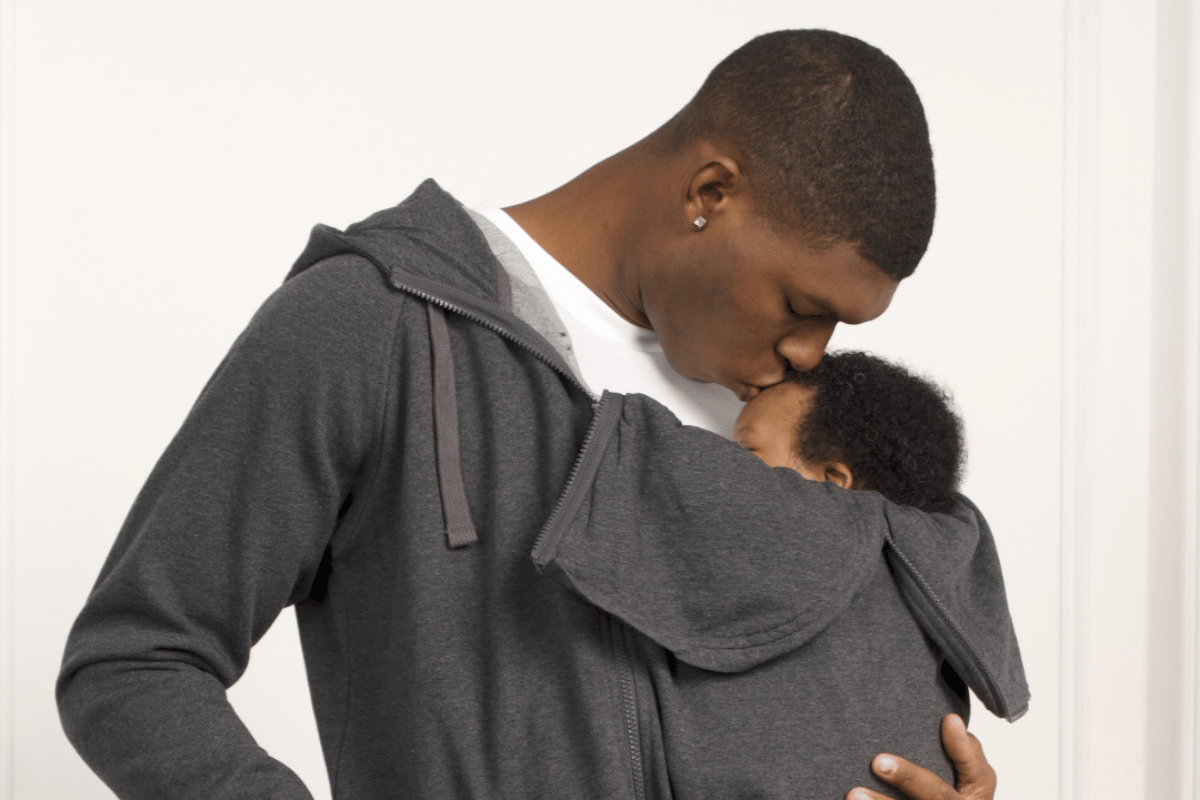
At MANtenatal, we are committed to shedding light on the often overlooked aspects of fatherhood, including mental health challenges like postnatal depression. While commonly associated with new mothers, postnatal depression can also affect men, yet it remains under-recognised and under-discussed. In this article, we delve into what postnatal depression looks like in men and how we can offer vital support to fathers experiencing this condition.
The transition to fatherhood can bring a whirlwind of emotions, from overwhelming joy to unexpected challenges. Often termed “fatherhood blues,” feelings of sadness, anxiety, and irritability can arise in men following the birth of their child. While these emotions are common and may stem from the stress and adjustments of parenthood, prolonged periods of such feelings may indicate the presence of postnatal depression.
Male postnatal depression (male PND) is a genuine and significant condition affecting approximately 10% of new fathers. Unfortunately, it frequently goes unnoticed due to societal stigmas and men’s reluctance to seek help for mental health issues. Factors contributing to male PND include hormonal changes, sleep deprivation, and the pressure of adapting to a new paternal role.
Symptoms of male PND mirror those experienced by women, encompassing feelings of sadness, irritability, and anxiety. Additionally, men may manifest physical symptoms like headaches, digestive issues, and changes in appetite. Signs such as withdrawal from social interactions, loss of interest in previously enjoyed activities, and difficulty bonding with the baby should not be overlooked.
MANtenatal takes pride in fostering open discussions about men’s mental health and its various dimensions. While we acknowledge that we aren’t experts in this field, our course modules cover these important topics.
Throughout our courses and the broader MANtenatal community, we prioritise active listening and encourage men to candidly express their feelings and emotions. We believe in nurturing supportive environments within communities and the support groups formed through our platform.
If you are looking for further support we would recommend speaking to your doctor and also visiting platforms such as Mind and NHS Mental Health, and Andy’s Man Club for support and advice.